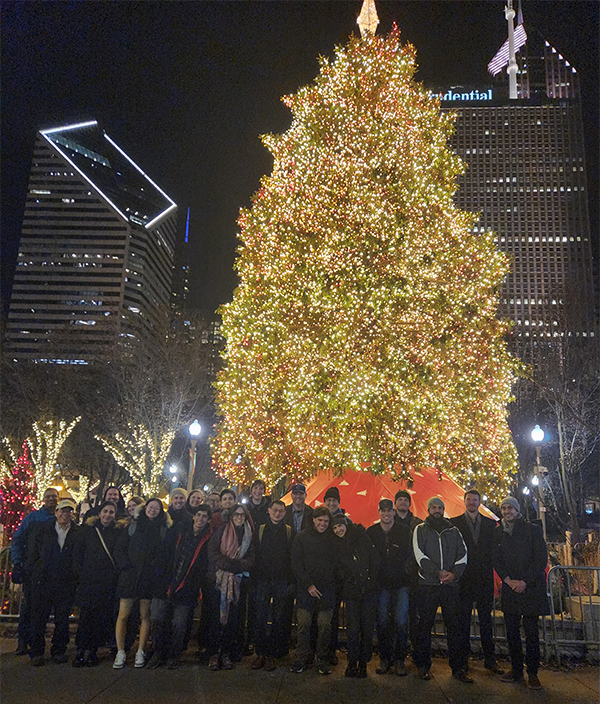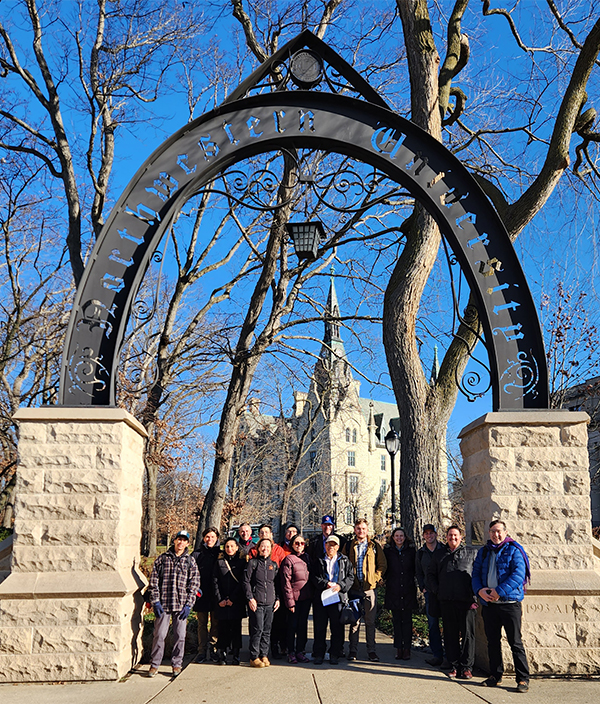Workshops
During SuReMin’s two-year design phase, we will establish an integrated research team and a clear pathway toward a future global center guided by a community-driven, impactful research agenda. We will convene academic, governmental, industrial, and non-profit organization stakeholders at the three core research workshops below.
Past Workshops
Low-Cost, Scalable, Rapid Acquisition Techniques for Environmental and Social Data
December 12 and 13, 2023
Northwestern University
In this workshop, we explored data availability for key social and environmental metrics in and around mining communities in Chile and the United States. We focused on four types of data. For each type, we identified data gaps and developed a research agenda for filling these gaps with low-cost, rapid, scalable data acquisition techniques.
- Conventional, existing environmental data sources from government agencies and peer-reviewed literature
- Emerging environmental data sources using “sensing-at-the-edge” technology
- Indigenous Knowledge
- Social well-being data in mining communities


Sustainable Mining Waste Management, Reuse, and Disposal
September 9 and 10, 2024
Pontificia Universidad Católica de Chile and Sustainable Minerals Institute, Chile
Workshop participants will explore the following topics through expert presentations and panel discussions. Workshop output will include a summary report that identifies opportunities for collaborative research and training among industry, universities and other partners to address knowledge gaps.
- Quantifying sustainability benefits of technologies that reduce or prevent mining waste and impacted waters and assist in energy transformation, through mineral recovery and beneficial reuse
- Emerging scalable, low-cost methods to quantify environmental and societal effects of mining to provide verifiable, high quality data in support of sustainability frameworks and transparency with communities
- Policy and market drivers of advances in mineral recovery sustainability and mining waste reduction and management
- Training future leaders in mineral recovery engineering and business across disciplines with deep expertise in working with communities towards sustainable operations and a clear understanding of the international supply chain.
- The path towards securing funding for a Global Center that links universities, communities,and industries for research and workforce development for a Sustainable, Resilient,Responsible Global Minerals Supply Chain
Transdisciplinary, Community-Engaged Life Cycle Assessments of Minerals Mining
January 27th, 2025
Virtual
